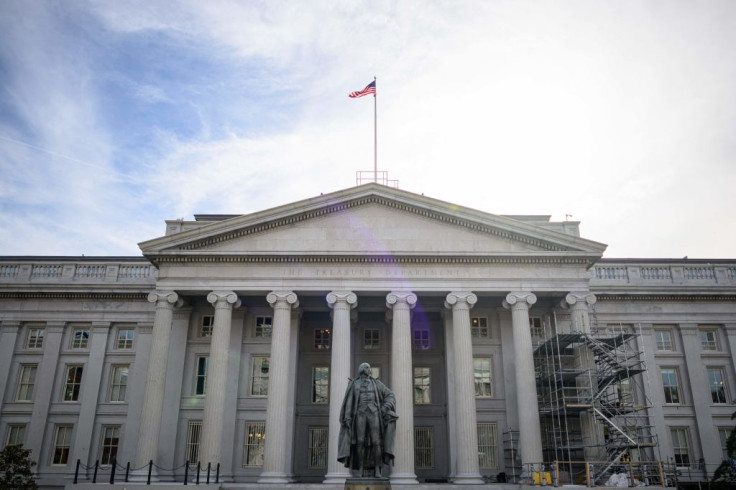
The Department of the Treasury's Office of Foreign Assets Control (OFAC) issued new sanctions against Mexican cartels for fentanyl trafficking.
The latest measures have targeted the criminal organization known as "La Línea," responsible for trafficking fentanyl and other drugs into the United States.
According to federal agencies, La Linea began as an armed wing of the Juarez Cartel, intended to help the drug trafficking organization defend its border territories in and around the city, located in the Mexican state of Chihuahua. Throughout the years, the criminal group evolved from armed wing to drug and human trafficking, illegal logging and car theft, among other activities.
La Linea taxes other Mexican drug trafficking organizations to move their merchandise through the Juarez Valley and generates revenue by selling synthetic drugs such as fentanyl. La Linea began working with the Cartel Jalisco Nueva Generación (CJNG) last year, with the latter providing La Linea with a strong supply of cocaine, methamphetamine and fentanyl.
Authorities say La Linea is also involved in human trafficking across the United States. In 2019, members of the Ciudad Juarez-based criminal group murdered nine American citizens, including six children, in Sonora, Mexico.
Overall, five members of La Línea were among those sanctioned, including Josefina Yadira Carrasco Leyva, also known as "La Wera de Palenque."
Carrasco Leyva is a senior member of "La Linea" and has been heavily involved in the group's narcotics trafficking, human trafficking and weapons smuggling. Last year, a Mexican judge sentenced "La Wera de Palenque" to four years in federal prison for possession of firearms by military personnel.
Jorge Adrian Ortega Gallegos, Heber Nieto Fierro, Jesus Salas Aguayo and Adrian Aguayo were the other four La Linea members sanctioned by the OFAC. Ortega Gallegos is believed to be a high-ranking member of La Linea who was previously indicted in the U.S. District Court for the District of New Mexico for drug conspiracy charges.
Authorities detailed that Nieto Fiero served as a drug trafficker and money launderer for the criminal group. His two companies, R. y H. El Remate and Soluciones Tecnologicas y Paqueteria Tres, were also designated by the OFAC with heavy sanctions.
"If La Linea continues to directly contribute to the proliferation of deadly fentanyl throughout our communities, Treasury will continue to use every took in our arsenal to go after their criminal activity," said Deputy Secretary of the Treasury Wally Adeyemo.
Adeyemo added that both the U.S. and Mexican government remain committed to holding criminal groups to account as well as to disrupt their ability to profit from criminal schemes.
As a result of the sanction, all property and interests in property of the designated persons in the U.S. or under U.S. control are blocked. U.S. persons are also prohibited from engaging in transactions involving these assets, with potential civil or criminal penalties for violations. Non-U.S. persons are also restricted from causing U.S. persons to violate these sanctions.
Over the past two years, Treasury has sanctioned more than 350 targets for involvement in drug trafficking activities at all stages of the supply chain, from major cartel leaders to under-the-radar labs, transportation networks, and chemical suppliers.
© 2025 Latin Times. All rights reserved. Do not reproduce without permission.







